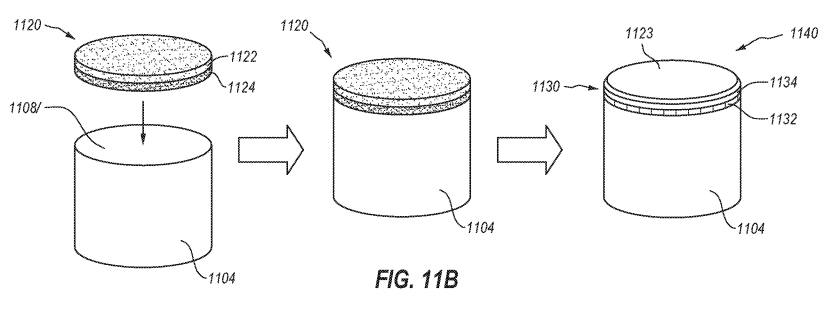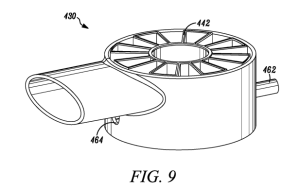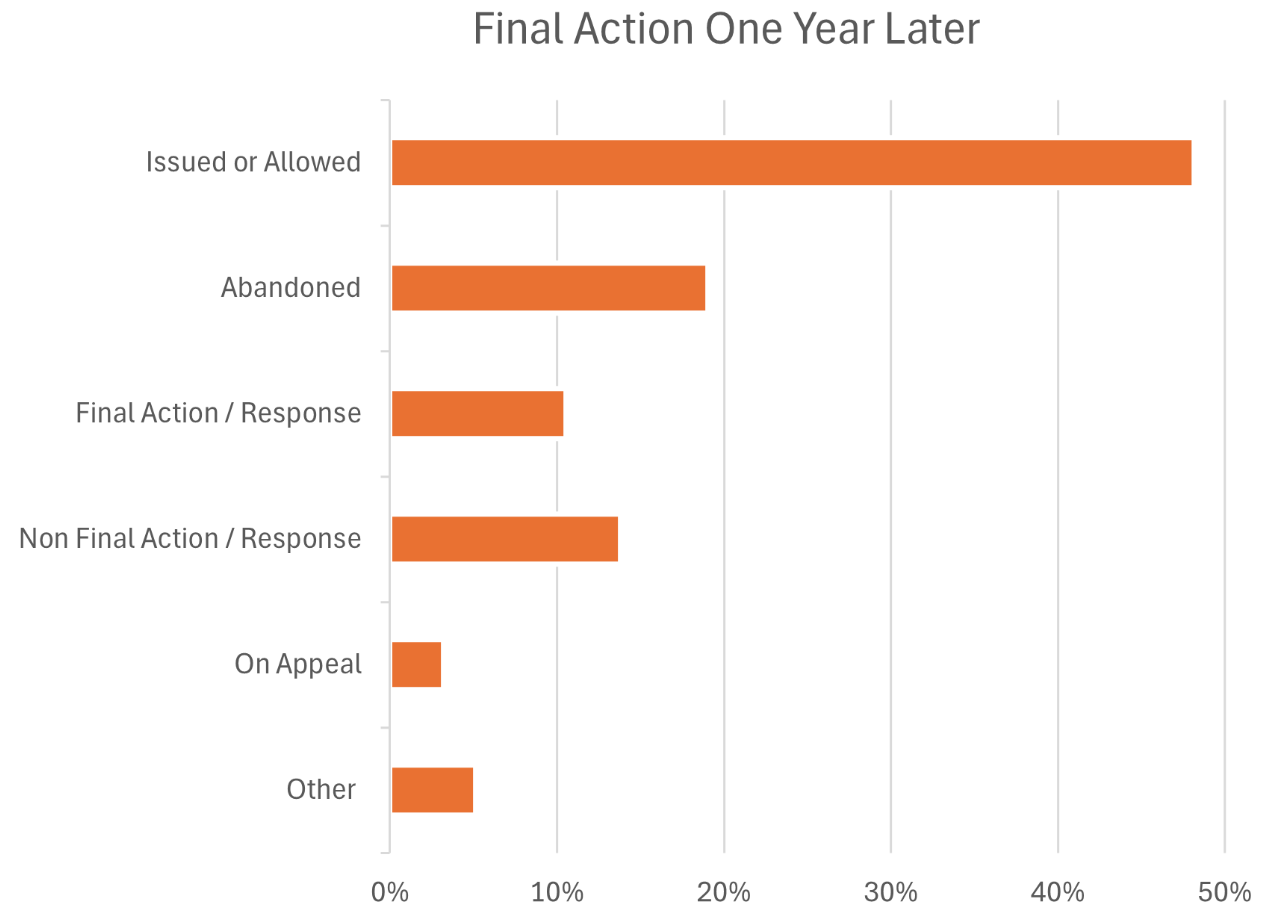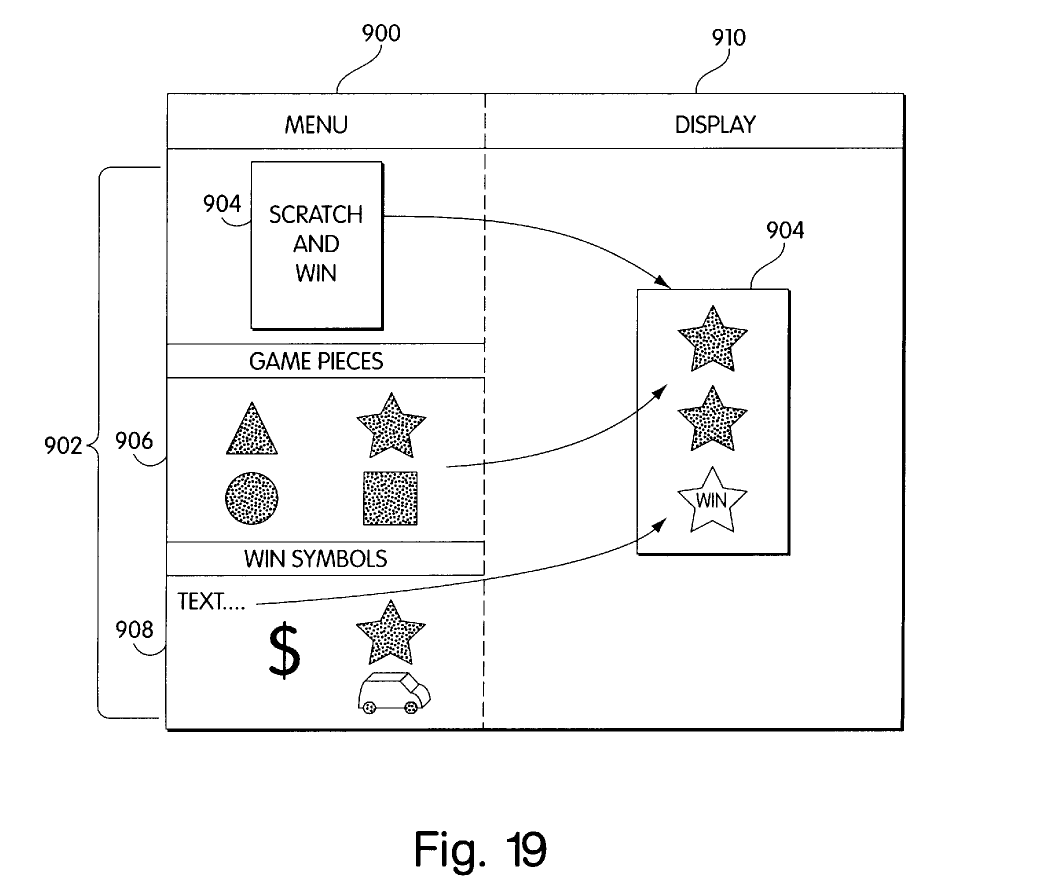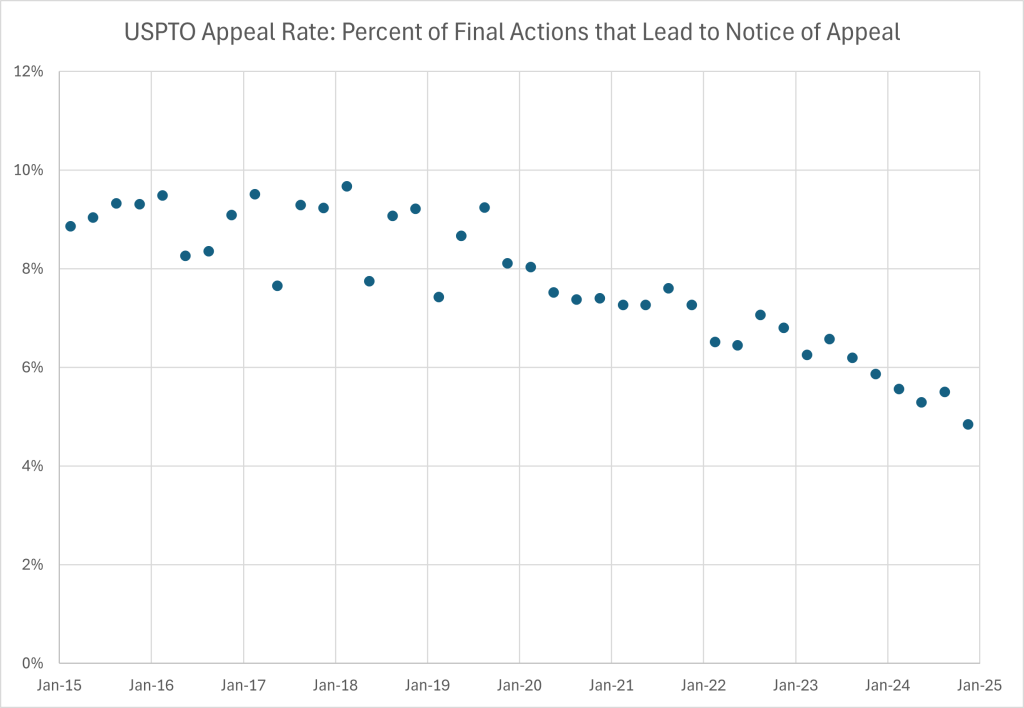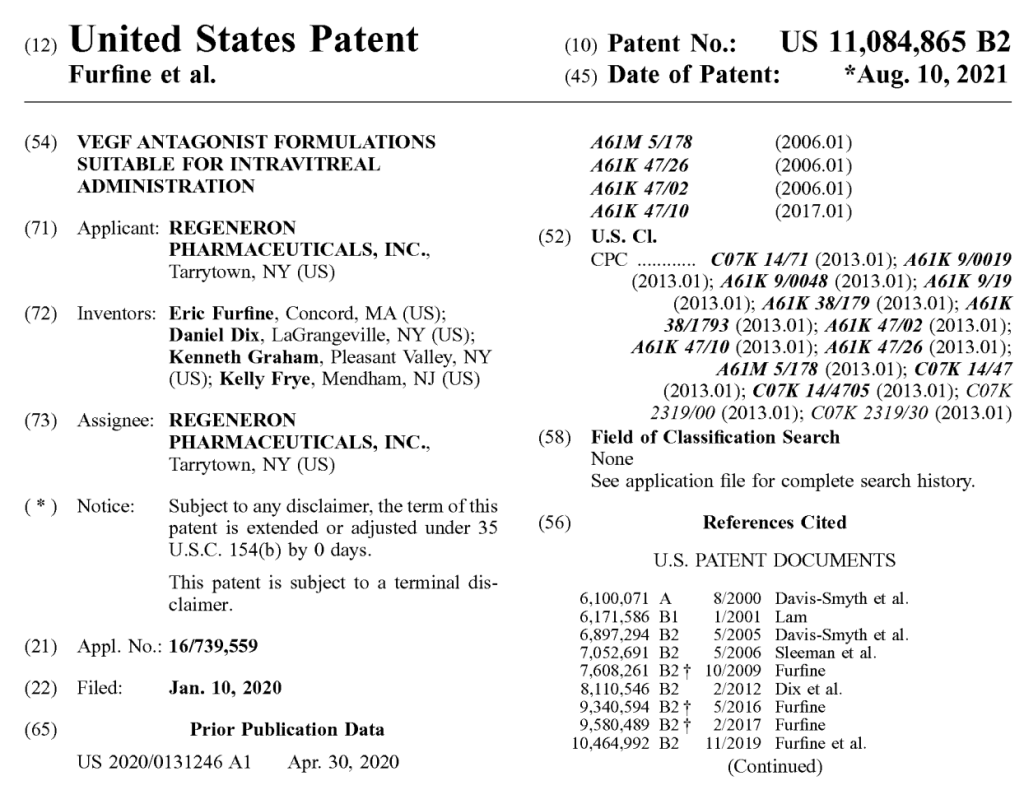by Dennis Crouch
I mentioned in a recent post that Hikma's petition for writ of certiorari was due on Valentines Day, February 14 2025. The company has now filed its petition and it des a powerful job of presenting the problems of the Federal Circuit's "skinny label" decision. Hikma particularly asks the Court to clarify when marketing a generic drug with a "skinny label" can trigger liability for actively inducing patent infringement under 35 U.S.C. 271(b). Petition for Certiorari - Hikma v Amarin.
The case centers on Hikma's generic version of Amarin's Vascepa (icosapent ethyl), which was originally approved to treat a form of heart disease, severe hypertriglyceridemia (SH). While that use is no longer patent-protected, Amarin later obtained patents covering Vascepa's use for the somewhat overlapping category of reducing cardiovascular (CV) risk. Following established practice under the Hatch-Waxman Act, Hikma obtained approval for and ultimately launched its generic version with a "skinny label" that carved out the still-patented CV indication. See Caraco Pharm. Labs., Ltd. v. Novo Nordisk A/S, 566 U.S. 399 (2012) (explaining Congress designed this system "to speed the introduction of low-cost generic drugs to market"). This situation is extremely important because the majority of new FDA approvals are for new uses of already approved drugs.
We want a system that works to both incentivize development of further uses of the known drugs -- and that allows for low cost access for uses that are no longer protected by patent rights. I also want to recognize here that drug prices for patented uses can be prohibitively expensive for individuals, while insurers and pharmacy benefit managers are looking for ways to lower their cost and stay competitive. So, any system we have in place needs to recognize these strong incentives and the pragmatic realities driving behavior in the pharmaceutical marketplace. In other words, the system needs to maintain the practical viability of skinny labels without unduly trampling valid patent rights. The current situation creates an unsustainable political tension around new uses for existing medicines. In order to be politically acceptable, we're going to need a system that continues to permit wide use of the old drugs. Otherwise we'll see mounting pressure to eliminate new use patents that many see as improper evergreening that blocks legitimate generic entry.
To continue reading, become a Patently-O member. Already a member? Simply log in to access the full post.

